Culture and mindset in the design of a better world
It’s been said that 80% of the world’s lawyers reside in the United States of America. For whatever reason (incentivised litigation, a hyper-individualism, etc.) the USA has propagated a blame culture. One must simply read about the absurdity of frivolous lawsuits in the country to see how far personal accountability has come in the ‘home of the brave.’
How is anyone with any sort of sway ($, prestige, etc.) supposed to own up to their mistakes in that sort of environment (thus perhaps perpetuating unaccountability)?
One case is brewing currently in the world of social impact design. Architecture for Humanity, a non-profit based in San Francisco, was recently accused of ‘gross negligence’ of funds, to the tune of $3 million in damages. This comes just a year after London’s Article 25, another architecture non-profit, experienced its own financial mishandlings.
Those who led AfH and Article 25 have a rare opportunity after disastrous f***ups (or series of them), to celebrate failure, feedback, and growth.
This is exactly what we hope to promote on November 29th when Jo Ashbridge and I of AzuKo, and Impact Hub King’s Cross, as part of FuckUp Night for #GivingTuesday, share stories of failure and how we’ve grown from said failure. The night will feature the mistakes and stories of Peter Murray of the New London Architecture, Jack Graham of Year Here, Lauren Currie of #upfront, Finn Williams of the Greater London Authority, and Jo herself.
For the global day of giving, Impact Hub, King’s Cross has graciously offered to craft the FuckUp Night model around the world of social impact design and charity. 100% of the profits on the night will go toward AzuKo’s work in Jogen Babu Maath Slum.
We (designers for the social good) do what we do, in the manner that we do, because we believe that community-empowered design is the most effective way for us to facilitate systemic change. It is, unfortunately, not the status quo.
Social impact design and social innovation has always been a much trickier, nuanced arena to operate in than the for profit world – one that is defined by an array of stakeholders, non-linear narratives, and a world of uninterested and (at times) condescending investors.
If the purpose of the social impact designer, then, is to help co-define with communities new future scenarios, sustainable (financially, environmental, etc.) progress, and the grounds for wellbeing and contentment, then growth is not only ideal, it is necessary.
But this is not just about design; this is about a fundamental piece of the human experience.
A growth mindset, for example, is what some academics use to describe the mentality of the successful student (or individual, really) – one that is open to critical feedback, is resilient in the face of mistakes, perseveres to see another day, works hard to improve, and believes that through this process (because it’s about the process), he or she can be better and stronger tomorrow.
Peter Senge’s The Fifth Discipline: The art and practice of the learning organization and Matthew Syed’s Black Box Thinking (among others) have explored the topic of feedback and growth from a collective human venture (organisation, sector, etc.) perspective.
Other narratives such as Nassim Nicholas Taleb’s, Antifragile: Things that Gain from Disorder have begun to expose the power of post traumatic growth, or as Seneca describes, “Difficulties strengthen the mind, as labour does the body.”
Seneca has (at also been credited least by Wiktionary) with the expression, “Errare (Errasse) humanum est, sed in errare (errore) perseverare diabolicum.”, or “To err is human, but to persist in error (out of pride) is diabolical.”
We at AzuKo believe in learning, and we believe that learning starts with honesty (with others and ourselves) and sharing what we could have done better. November 29th is a rare opportunity for a group of social impact designers to take the stage and do just that. We look forward to seeing you on a night that promises to be full of stories, exhibitions, networking, and fundraising.

